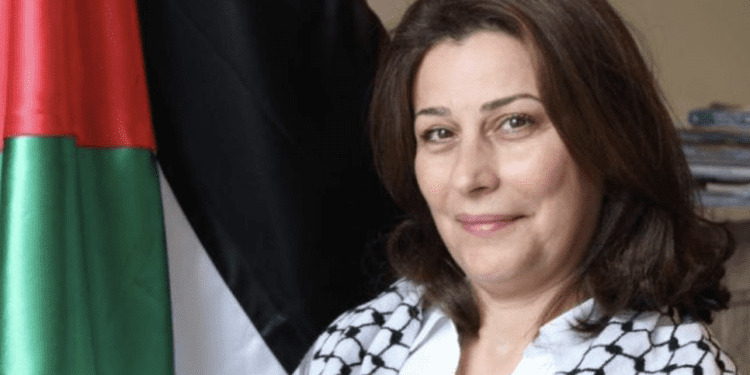In a historic move, the Government of Ireland has approved the appointment of Jilan Wahba Abdalmajid as Palestine’s first full ambassador to Ireland. This appointment is a significant development following Ireland’s recognition of the Palestinian state in May 2024. The official upgrade of Palestine’s mission to a resident embassy in Dublin further strengthens diplomatic ties between the two nations and underscores Ireland’s commitment to supporting Palestinian sovereignty.
On November 5, 2024, Ireland confirmed the decision to elevate Palestine’s diplomatic representation to full ambassador status. Jilan Wahba Abdalmajid has been serving as the head of the Palestinian mission in Ireland and will now officially hold the title of ambassador. This upgrade comes after the exchange of diplomatic notes on September 29, 2024, establishing formal relations between Ireland and Palestine. The move signals a new phase in the diplomatic engagement between the two countries, with Palestine now enjoying the privileges and immunities afforded to a resident embassy under the Vienna Convention.
Ireland’s Recognition of Palestine
Ireland has long been a vocal advocate for Palestinian self-determination and the establishment of a Palestinian state. In May 2024, Ireland officially recognized Palestine as a sovereign state, joining Spain and Norway in this pivotal step. The recognition of Palestine has caused diplomatic tensions, particularly with Israel, which responded by recalling its ambassador from Dublin. Despite the backlash, Ireland’s government has continued to pursue its policy of advocating for Palestinian rights and sovereignty.
Implications of the New Diplomatic Status
With the recognition of Palestine and the upgrade of the Palestinian mission to an embassy, Ireland is taking concrete steps to support Palestine on the global stage. The upgrade to embassy status means that Palestine will have full diplomatic privileges, including immunity and the ability to engage in official state functions. Furthermore, this move reflects Ireland’s ongoing commitment to addressing human rights issues and international law, particularly concerning the rights of Palestinians.
The upgrade also has symbolic significance, reinforcing Ireland’s stance on the Israeli-Palestinian conflict. It emphasizes Ireland’s recognition of Palestinian sovereignty, independence, and the right to self-rule, contrasting with Israel’s ongoing occupation of Palestinian territories.
Diplomatic Tensions with Israel
Following Ireland’s recognition of Palestine, tensions between Ireland and Israel have escalated. Israel has criticized Ireland’s position, describing it as “unfriendly.” In response to Ireland’s recognition of Palestine, Israel recalled its ambassador from Dublin, a move that continues to strain bilateral relations. Furthermore, Israel’s government has expressed discontent with Ireland’s potential legislation aimed at banning trade in goods sourced from Israeli settlements in occupied territories. The situation has led to political friction, with Israel accusing Ireland of undermining efforts to foster peace in the Middle East.
Despite these tensions, Ireland has remained steadfast in its commitment to Palestinian sovereignty and self-determination. The Irish government has indicated that it will continue to advocate for policies in support of Palestinian rights, including a ban on goods from illegal Israeli settlements, though this move has faced legal hurdles within the European Union.
The Future of Palestinian Diplomatic Relations
The appointment of Jilan Wahba Abdalmajid as Palestine’s first full ambassador to Ireland marks a significant milestone in the ongoing quest for international recognition of Palestine as a sovereign state. With Ireland now playing a key role in supporting Palestinian diplomacy, the recognition of Palestine by other countries may follow suit, further strengthening the Palestinian cause on the global stage.
This development also highlights the broader international community’s evolving approach to the Israeli-Palestinian conflict. As more countries recognize Palestinian statehood and push for a two-state solution, the momentum for peace in the Middle East could shift, potentially leading to renewed efforts toward a lasting and just resolution to the conflict.
Related posts:
Ireland Says It ‘Will Not Wait’ for EU to Suspend Free Trade Agreement with Israel
Young Iranian Woman’s Protest Sparks Global Outrage Over Gender Apartheid
















